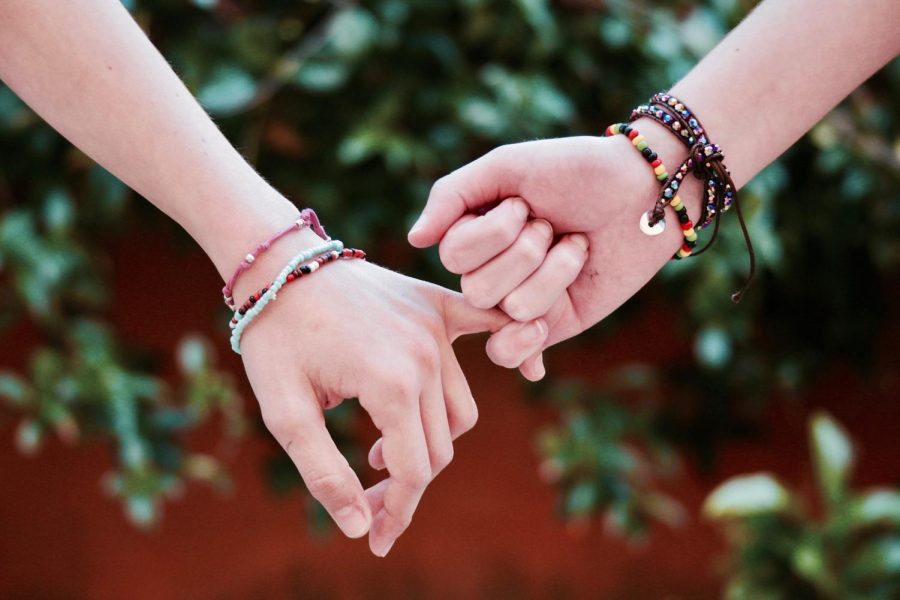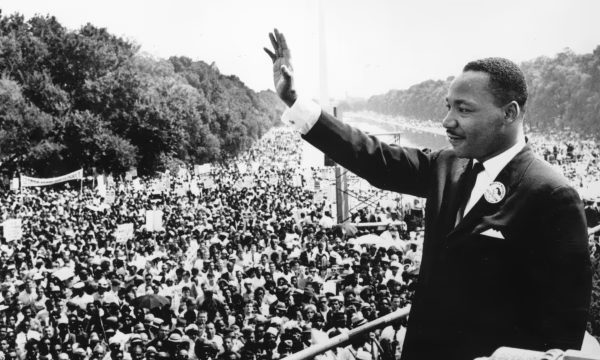Breaking down heteronormativity
My friendships have not always been as steady as they are today. For as far back as I can remember, people around me such as my peers assumed that I had a romantic relationship with many of the guys who I considered close friends. This would often evolve from teasing into bullying to the point where I felt uncomfortable bringing up my friends to my parents, and often felt ostracized among those of the same age as me. To this day, because of those experiences, I remain unsure about my own sexuality.
The example cited above, to me, is an example of heteronormativity that occurs within our society. According to the American Psychological Association’s dictionary, heteronormativity is “the assumption that heterosexuality is the standard for defining normal sexual behavior and that male–female differences and gender roles are the natural and immutable essentials in normal human relations.” People often hold this bias because of societal constructs that tie into personal beliefs (e.g. cultural norms, mores, religious beliefs, etc.). These beliefs can be further strengthened through either one’s development or environment. As a result of uplifting such behaviors, it strengthens the position of heterosexuals in society but at the expense of those that are non-cisgender or queer, closeted or not. Individuals who identify with such communities are often subject to prejudice or discrimination. As a result, they constantly have to deal with dysphoria, as many young people feel heavily uncertain or insecure about their gender or sexual identity and expression. On the other end, we can see that members of society often have an adverse reaction to such events because they do not possess an understanding or are ill-educated regarding queer-related topics. This leads to misunderstandings and conflicts between those who are in the community and those who fall outside of it.
At the end of the day, we must treat people simply as people. Having attraction, be it romantic or sexual, towards people should not be something to discriminate against. It is unjustified to enforce our own beliefs upon others, for it is up to each individual to make their own choices. Additionally, educating the general public on the basics of such matters will allow them to make more well-informed conclusions on this delicate topic.
Alyssa Salcedo is a 12th grader in the Academy of Professional & Public Services.






